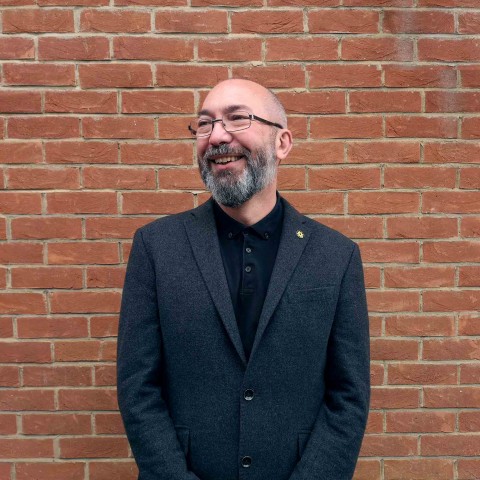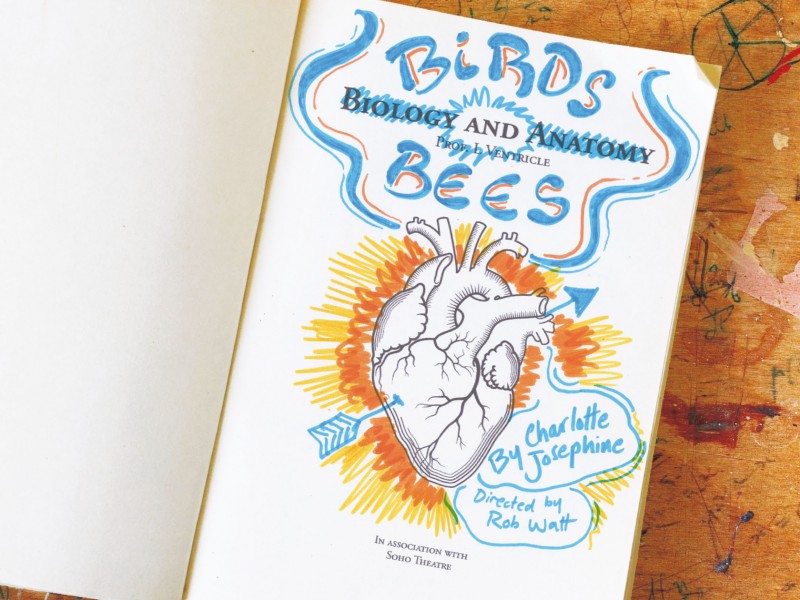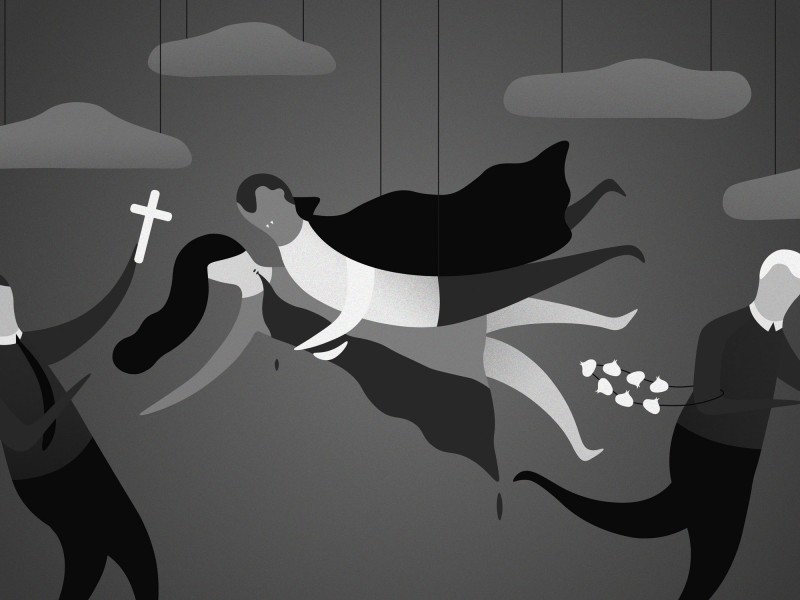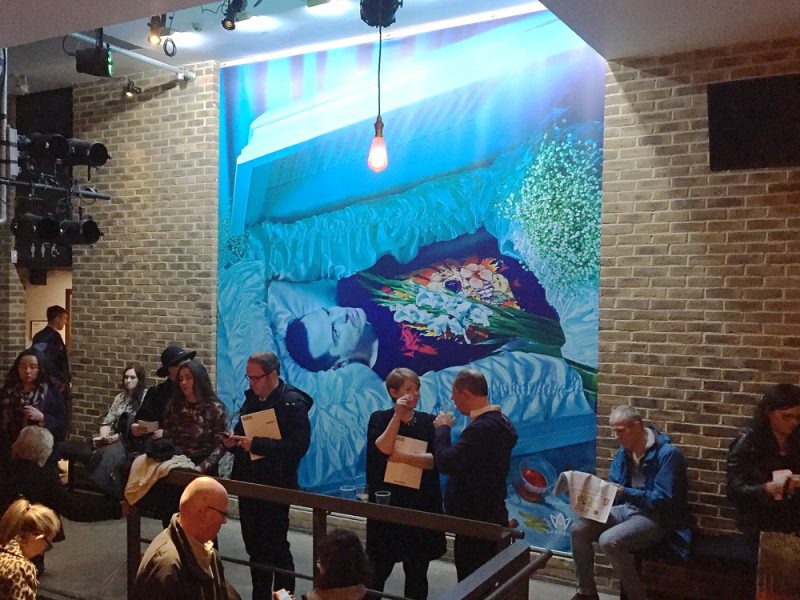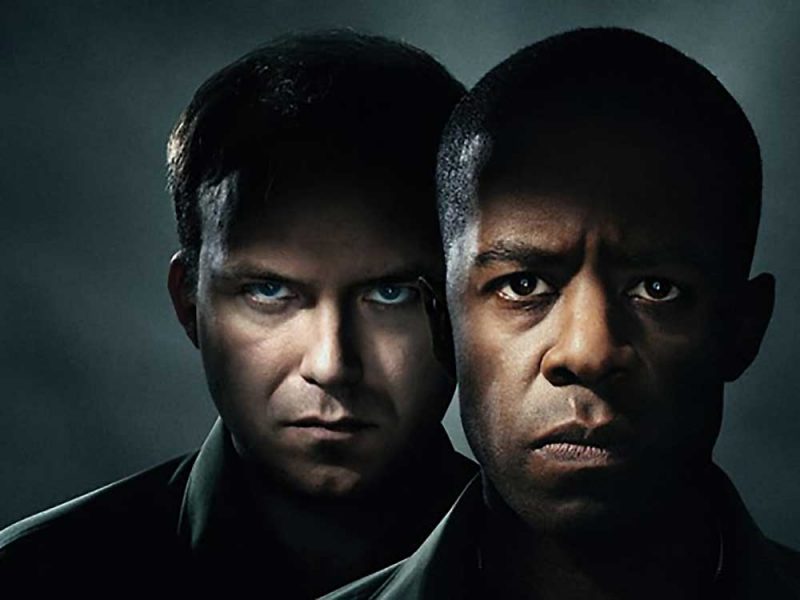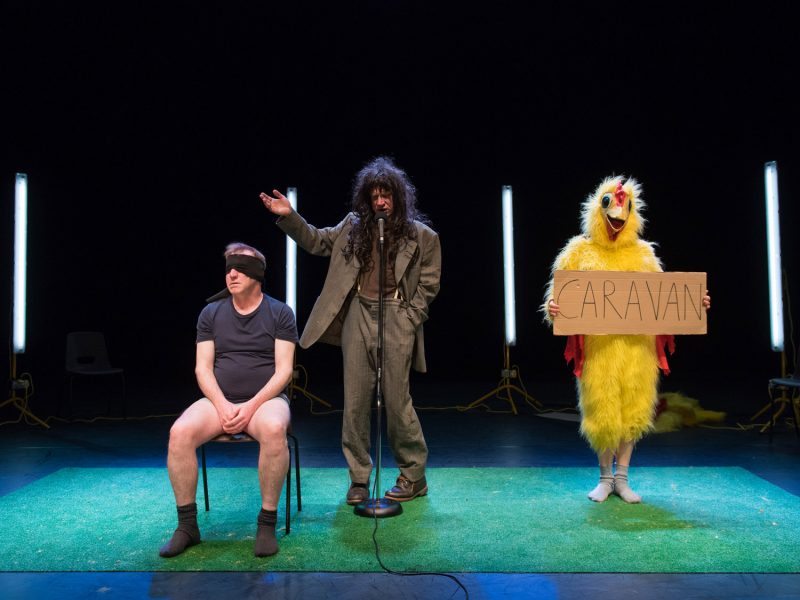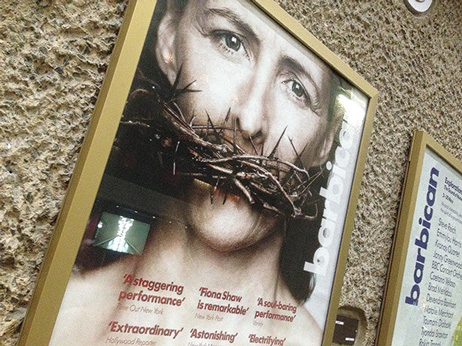The Weir is a rarity, a play that every critic and every actor agrees to be brilliant. When it was first performed in 1997 it swept the board, winning both Evening Standard Olivier Awards. It’s an actor’s play, a critic’s play, a playwright’s play, perhaps that’s why I didn’t warm to it.
The Weir at Wyndham’s Theatre
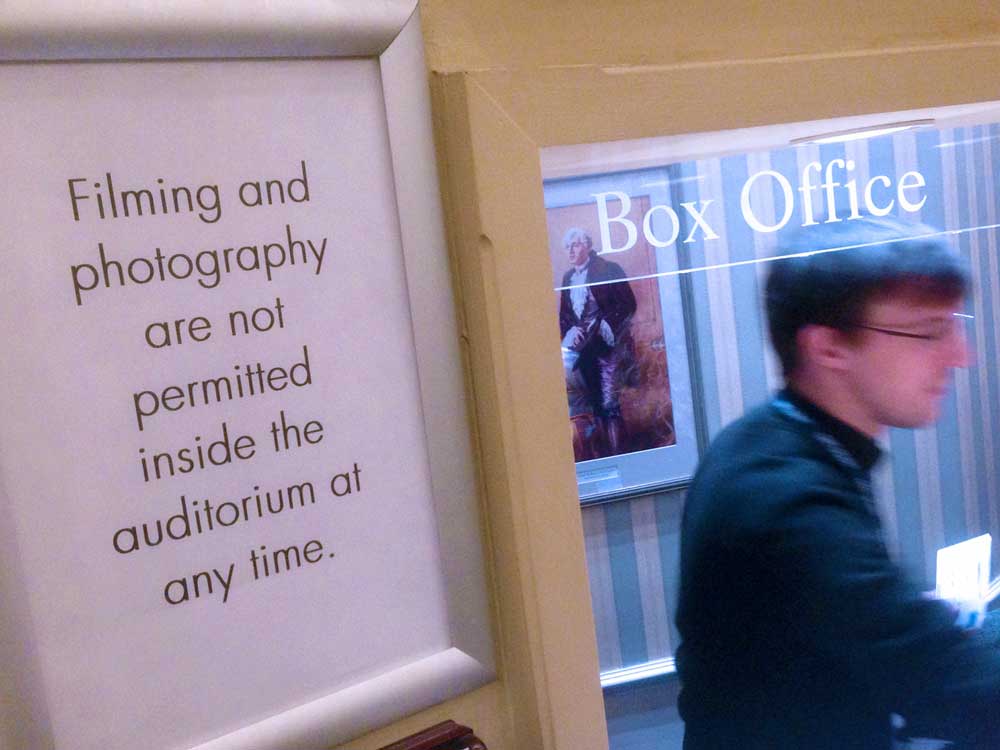
In a new production at the Donmar, Josie Rourke reunited the original cast of Risteárd Cooper, Brian Cox, Dervla Kirwan, Peter McDonald and Ardal O’Hanlon. After a sell-out run, The Weir has now transferred to The Wyndham’s.
I went to see it there on a wet and windy winter’s afternoon, the perfect weather for an authentic west-coast of Ireland experience. But something didn’t sit right with me, or rather where I was sitting didn’t feel right to me.
…that’s my problem with this production; there’s too much distance between audience and drama, and that makes for too much acting and not quite enough play for them to act in.
I can imagine that the Donmar or the Royal Court’s intimate spaces would envelope you in the scene, make you feel like you’re sitting in the play’s set, a (a cleverly detailed and beautifully observed) tatty provincial bar where only one beer pump works and the ladies’ loo hasn’t been fixed in months (because that was the last time they had a female visitor). The set is impeccable but, at the Wyndham’s Theatre, it’s so definitely the set, on the stage, beyond the fourth wall.
And that’s my problem with this production; there’s too much distance between audience and drama, and that makes for too much acting and not quite enough play for them to act in. Playwright, Conor McPherson described The Weir as “just people talking”, I’m sure that’s its charm, that’s why everyone loved it at the Donmar. The dialogue is great, the actors are great but, for me, the folksy charm is lost by transferring it to this bigger theatre.
The premise is simple, this is a remote bar where nobody but a couple of locals drink (they drink a lot in less than two hours). The only time the bar gets busy is in the Summer when the foreign campers arrive (although they’re called Germans, it transpires that they might be Danish or any other nationality). The locals are so comfortable that they serve themselves when the bar owner is off doing his chores which isn’t that often as he’s still not fixed the beer pump or ladies’ loo.
The three men (two regulars and the bar owner) are settled in for the evening when local man-made-good, Finbar, arrives with a woman from the big city, Dublin. She (Dervla Kirwan) has just moved to the area.
With a woman interloper, the dynamic shifts and we embark on a series of stories, with each character revealing truths about themselves through their tales. The publicity materials uses the short-cut of ‘ghost stories’ but there’s no chill or horror, these are sad stories, heartbreaking tales, weaved with superstition and occasionally folklore.
There is no big revelation, no bogey-man, no uniting theme, just five people getting through life as best they can, each with a growing respect for the other, as they reveal the bruises that have shaped their fragile lives.
On a smaller stage, or even on film, the subtlety of the unfolding lack of drama would be spellbinding. But the spell was broken for me by the distance between the stage and the audience. I was longing for some greater tension, an evil presence conjured from ‘the weir’, or an untold truth that united the players but none came.
There were great moments of pathos like Brian Cox’s mechanic character with the throw-away remark that he spins out the simplest of jobs to fill the emptiness of his day. There were heartbreaking moments of tragedy like Dervla Kirwan’s tale of why she is hiding from the past she left in the city. But for me those moments didn’t add up to enough drama to fill that stage.


